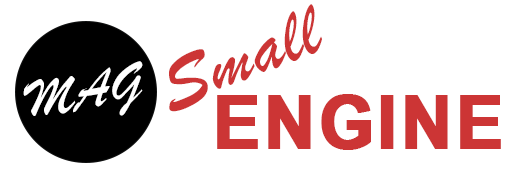NEWS

SMALL ENGINES DO NOT LIKE "ETHANOL"
We are seeing more and more gas-powered units coming to our shop with water in the fuel. This may be due to the 10 percent ethanol that has been added to all the fuel in Idaho. Ethanol condenses in the fuel tanks/fuel can, adding water to the fuel supply. Peter Sawchuk, of Consumer Reports, says, "Combined ethanol and water can corrode the fuel delivery system, predominately the carburetor. It clogs it up and it can't start."
We suggest that equipment owners CHANGE THE WAY THEY ARE HANDLING THEIR FUEL SUPPLIES. Try to buy fuel without ethanol. Gas stations with non-ethanol fuel are Phillips 66 Stations (Ultra Car Washes), Baird Oil, Gran-Del, and the Northend 76 at State and 16th Street.
Read the ethanol information posted on the gas pump. NEVER use fuel with more than 10% ethanol in your small engines.
Keep high quality (i.e. Startron or Ethanol Shield) fuel stabilizer in your fuel supplies. Stabil for boats may also be used.
When you FINISH your project, TOP OFF the fuel in your tank for storage. Never leave a small amount of fuel in your fuel tank. This invites condensation. For winter storage install fresh fuel, with stabilizer, in the tank and run the engine to get the fuel into the carburetor. Store the tank full or dry, NEVER half full.
For 2-cycle units, only mix what you are going to use for your current project.
Discard non-stabilized gas that is more than 4 weeks old - both ethanol and non-ethanol. NEVER use gas from last year (stabilized or not).
Keep fuel cans sealed. Never leave caps off and vents open.
Do not add new gas to old gas in the can.
DO NOT use METAL gas cans due to rust problems.
And of course,
DO NOT put DIESEL in your small engines.
Avoid leaving equipment in the rain or under sprinklers.

Business Hours
- Mon - Fri
- -
- Sat - Sun
- Closed
